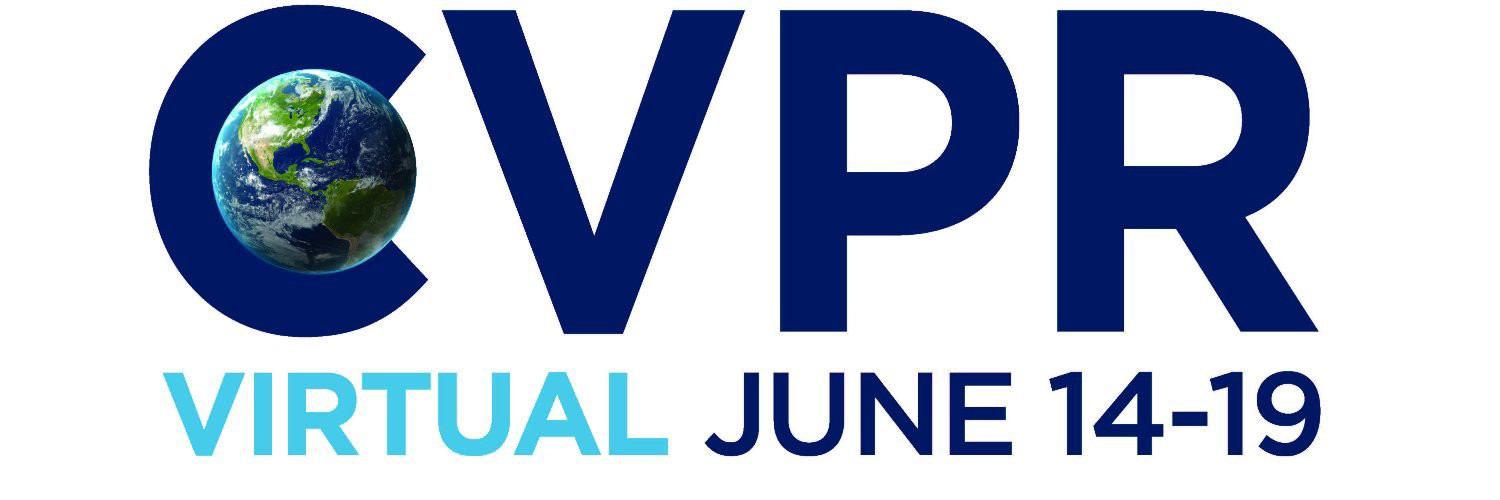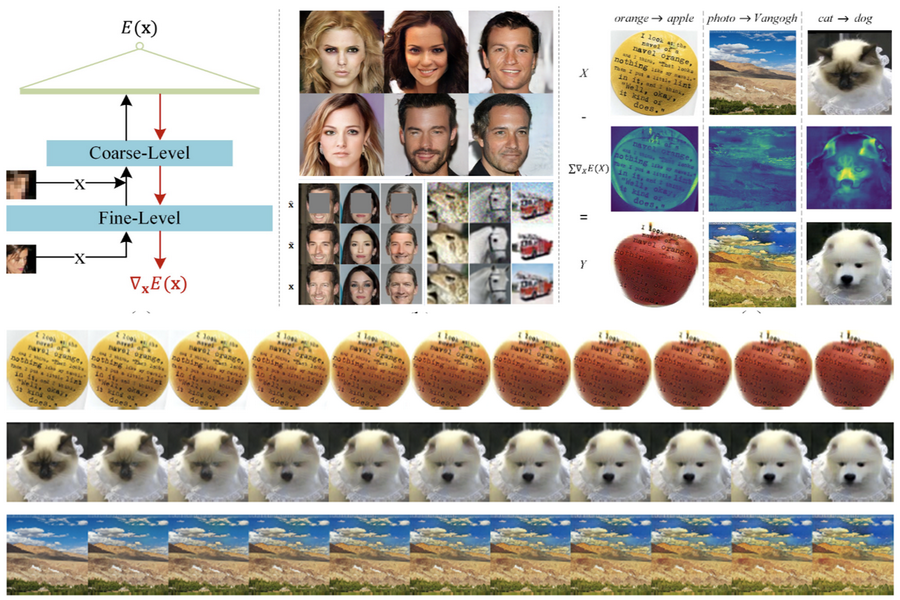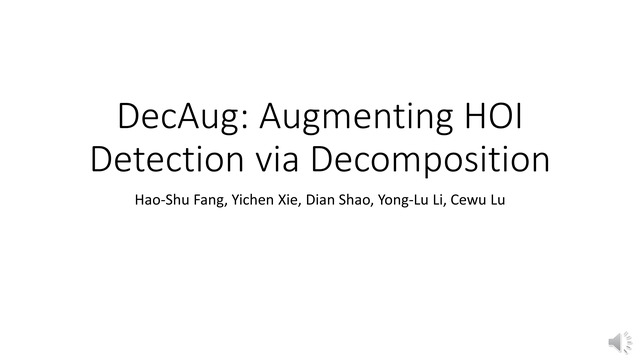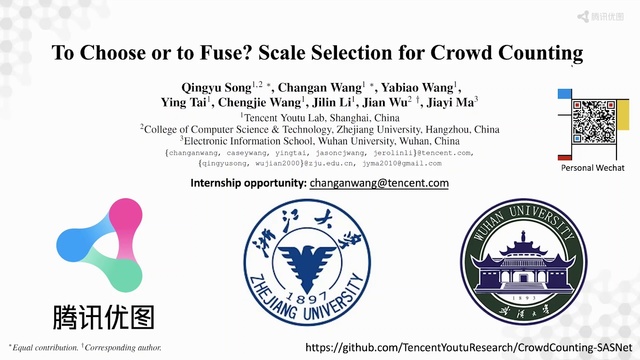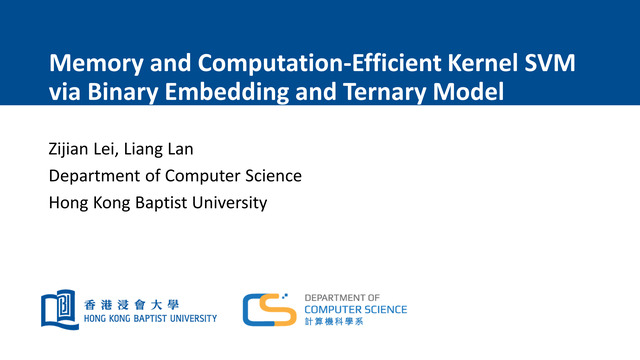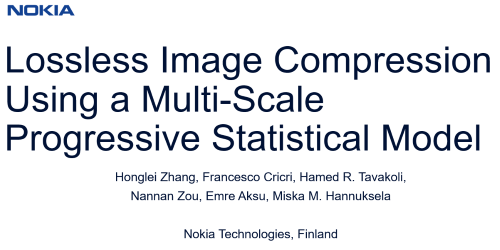Abstract:
Modern convolutional neural networks apply the same operations on every pixel in an image. However, not all image regions are equally important. To address this inefficiency, we propose a method to dynamically apply convolutions conditioned on the input image. We introduce a residual block where a small gating branch learns which spatial positions should be evaluated. These discrete gating decisions are trained end-to-end using the Gumbel-Softmax trick, in combination with a sparsity criterion. Our experiments on CIFAR, ImageNet, Food-101 and MPII show that our method has better focus on the region of interest and better accuracy than existing methods, at a lower computational complexity. Moreover, we provide an efficient CUDA implementation of our dynamic convolutions using a gather-scatter approach, achieving a significant improvement in inference speed on MobileNetV2 and ShuffleNetV2. On human pose estimation, a task that is inherently spatially sparse, the processing speed is increased by 60% with no loss in accuracy.

